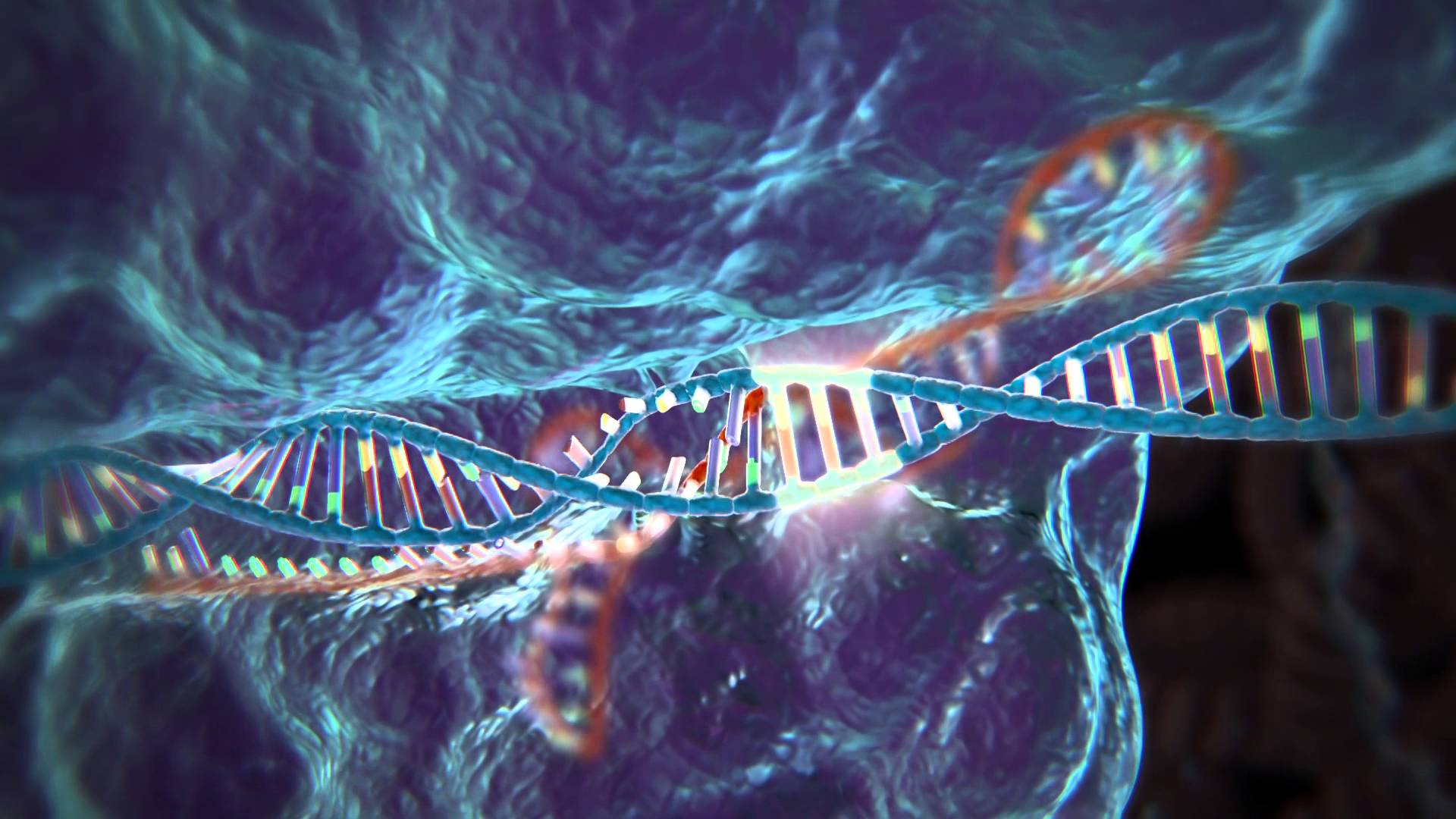International conference on genome editing technology to start in Vilnius
 International scientific conference “CRISPR 2018”, dedicated to the revolutionary genome editing technology, started today, June 20th, in Vilnius, Lithuania. The conference is organised by Vilnius university (VU) Life Sciences Centre professor Virginijus Šikšnys, North Carolina University professor Robert Barrangou, and Philippe Horarth, a scientist working in “DuPont”.
International scientific conference “CRISPR 2018”, dedicated to the revolutionary genome editing technology, started today, June 20th, in Vilnius, Lithuania. The conference is organised by Vilnius university (VU) Life Sciences Centre professor Virginijus Šikšnys, North Carolina University professor Robert Barrangou, and Philippe Horarth, a scientist working in “DuPont”.
250 CRISPR researchers from 24 countries are expected to participate in this three-day conference. Dr. Feng Zhang from Massachusetts Institute of Technology (MIT) will deliver the keynote speech. Scientists from Rockefeller, Cornell, Toronto, Zurich universities, University of California, Berkeley, and the Max Planck Institute in Berlin will introduce their most recent studies, concerning the genome editing technology.
According to prof. V. Šikšnys, the fact, that this conference is held in Vilnius, means a lot to Vilnius University and Lithuanian science community.
“All new breakthrough technologies, such as genome editing tool, begin with fundamental research in scientific laboratories. It is truly inspiring to have the most famous CRISPR-Cas system experts meet in Vilnius to introduce their research. It is important to note, that the editors of the world’s most famous scientific journals, such as “Science”, “Nature”, and “Cell”, are participating in the conference as well. We hope that we will soon hear about new technological breakthroughs in life sciences here, in the capital of our country”, professor V. Šikšnys said.
CRISPR-Cas9 is a type of molecular scissors that can be used to cut defective parts of the human DNA. It is considered revolutionary in the field of life sciences. At the end of May, three scientists were rewarded with the prestigious Kavli Prize for this discovery.
The Prize was shared between prof. V. Šikšnys and two other scientists, who also work on improving the CRISPR-Cas technology: Emmanuelle Charpentier from Max Planck Society, and Jennifer Doudna from University of California, Berkeley. The scientific community is certain, that eventually the discovery of CRISPR-Cas will be rewarded with a Nobel Prize.